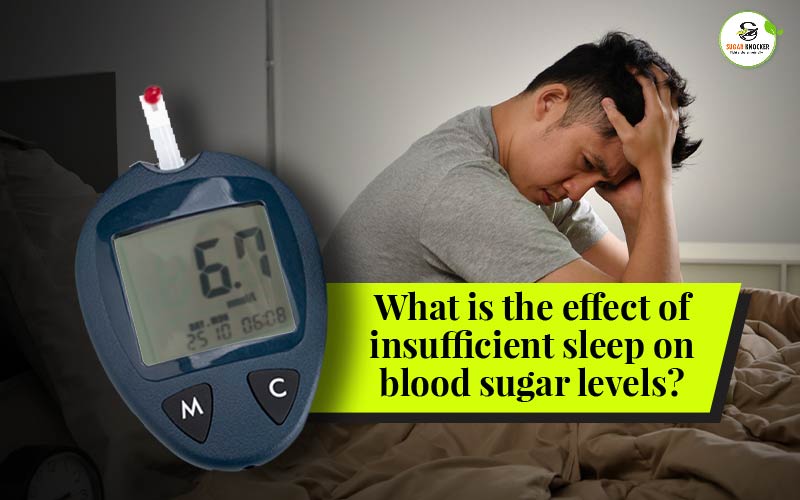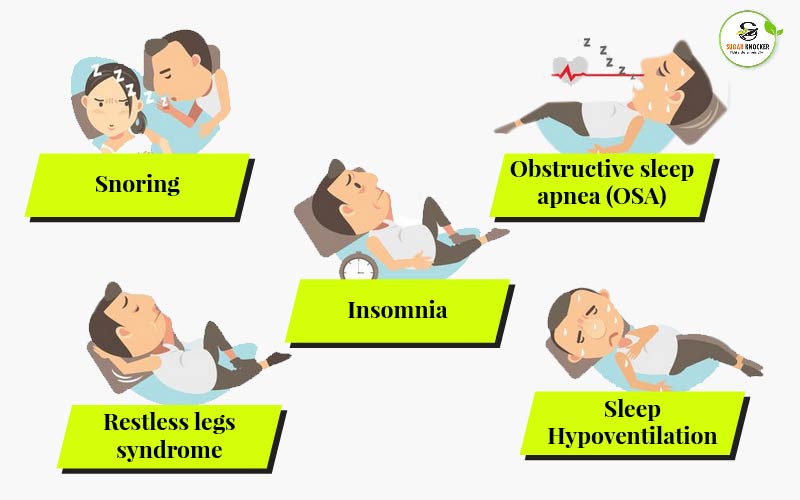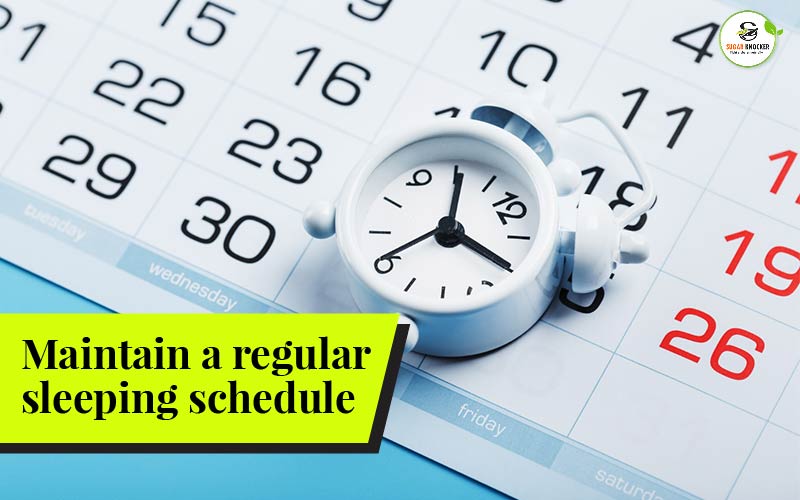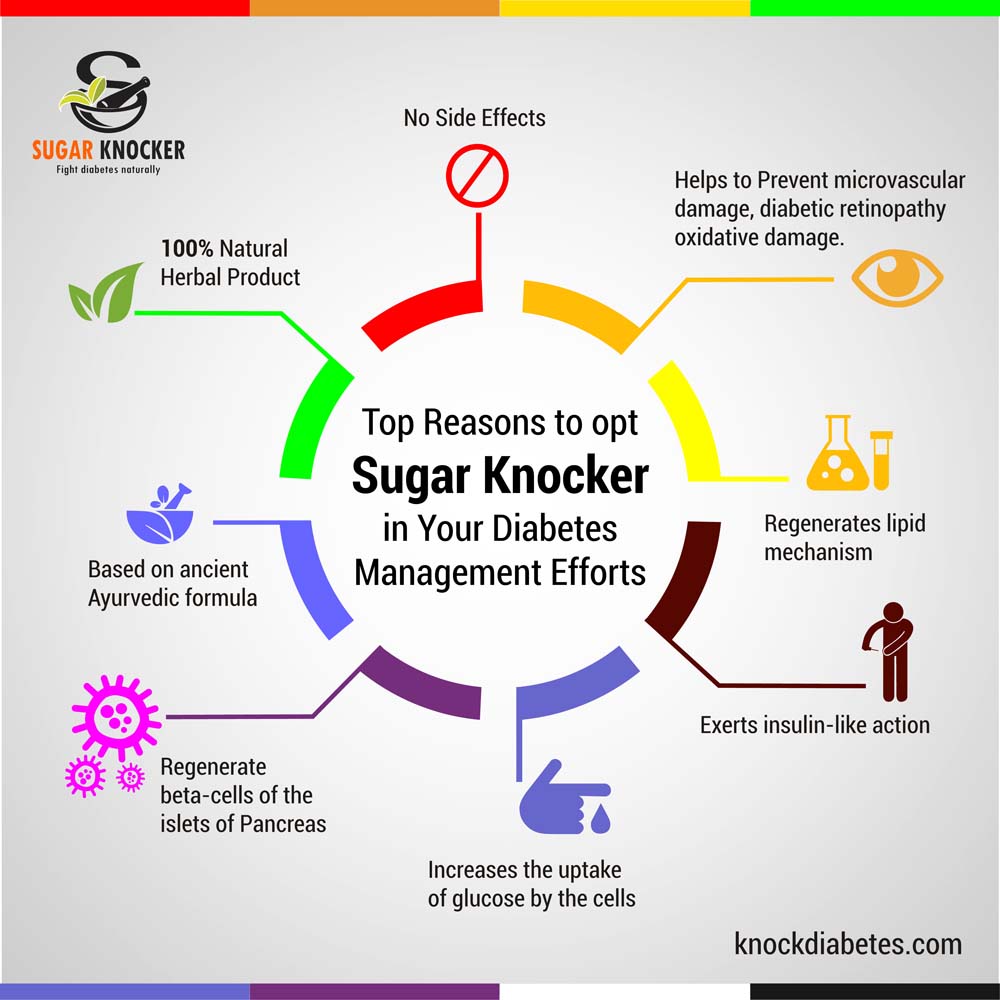
Diabetes and Sleep – An Overview
Diabetes is a disease that impairs the body’s ability to produce insulin. Blood glucose levels surge to highly elevated levels as a consequence. Type 1 and type 2 diabetes are the two most common forms.
‘Developing a healthy blood glucose level can aid in the relief of your problems. Excessive thirst or hunger and increased urination are all short-term indicators of high blood sugar. Sleep disturbances include difficulties falling or staying asleep, as well as sleeping excessively.
Sleep deprivation is a substantial risk factor for diabetes, which can be managed in some cases. Diabetes does not always indicate that your sleep will be disrupted. It was more a question of what diabetic signs you have and how you manage your diabetes and sleep.
For yet another reason, elevated blood sugar is a warning indicator for sleep issues in people with diabetes. Exhausted people are thought to eat more to gain energy from elsewhere, which could consume sugar or even other items that boost blood sugar levels. Insulin resistance, which is a precursor to diabetes, can be caused by insufficient sleep. Insulin is a hormone that helps the body use glucose for energy. It occurs when the cells fail to use insulin properly, causing blood sugar levels to rise.
Excessive blood sugar levels develop in the body when insulin isn’t used properly, causing harm to the eyes, kidneys, nerves, and heart.
Importance of Sleep and How Much Sleep Required?

How Does Insufficient Sleep Affect Blood Sugar Levels and Vice Versa?

Sleep can simultaneously boost and drop glucose levels, which may seem counterintuitive. Every day, our bodies go through a pattern of changes known as the circadian rhythm, which gradually boosts blood sugar levels at night and while we rest. These regular blood sugar spikes are nothing to be concerned about.
Blood sugar levels can affect sleep quality, just the same as sleep affects blood sugar levels. Sleep and type 2 diabetes don’t really go well together. As per a study, patients with type 2 diabetes who had high blood sugar levels slept poorly. Another study indicated that 62 percent of people with glucose concentrations in the pre-diabetes category, compared to 46 percent of people with healthy glucose levels, are more prone to poor sleep.
Restorative sleep may indeed assist in reducing dangerous blood sugar levels by preserving healthy mechanisms. A lack of sleep has been connected to high levels of sugar. Even a single night of insufficient sleep increases insulin resistance, which can lead to blood sugar spikes. As a result, insomnia has been related to sleep and diabetes, a kind of blood sugar disorder.
Sleep deprivation is linked to a change in hormonal levels, affecting your intake of food and obesity. If you have diabetes, you are caught in a vicious circle. It’s normal to compensate for sleep deprivation by overeating in an attempt to gain strength through calories.
Consequently, your blood sugar levels might rise, making it more challenging to get a good night’s sleep. You could also find yourself in a similar situation when you can’t sleep.
A lack of sleep also increases obesity. Obesity raises your chances of having sleep issues when you have type 2 diabetes.
What Sleep Disorders Are Common in People with Diabetes
Diabetes patients are prone to tossing and twisting all night. This could be the consequence of common diabetic symptoms, but it could also be the outcome of a different medical problem.
People with type 2 diabetes are at an increased risk of sleep-related issues. Some of the key ones include:

Apnea (sleep deprivation)
In people with diabetes, sleep apnea is the most frequent sleep problem. When your inhaling regularly pauses and begins all through the night, it might indicate sleep apnea.
People with type 2 diabetes are more prone to sleep apnea.
Tiredness throughout the day and snoring at night are two common symptoms. If sleep apnea runs in your family or you’re overweight, you’re more likely to develop it.
Maintaining a healthy weight for your body type can help you feel better. You can also use a specific mask to boost air pressure in your throat and make it even easier to breathe while sleeping.
Restless leg syndrome (RLS)
The continual inclination to move your legs is a sign of restless leg syndrome (RLS). It’s most prevalent during evenings, making it difficult to fall or remain asleep. A lack of iron can trigger RLS.
Several reasons, including: can cause RLS
- high glucose levels in the blood
- kidney issues
- thyroid problems
- Tobacco consumption has been linked to RLS. Enroll in a tobacco cessation program if you wish to quit smoking.
Insomnia
Insomnia is defined as the difficulty of falling and staying asleep regularly. If you already have high stress and high glucose levels, you’re more likely to experience sleeplessness.
Investigate the cause of your inability to sleep, such as continuing to work in a high-stress environment or dealing with complicated family matters.
Acquiring medical care can help you figure out what’s causing the problem.
Tiredness during the day and after meals
High blood sugar levels might cause you to feel weary throughout the day, especially in the morning and after mealtime.
If you’re feeling weary during the day, check your blood sugar levels to discover if there’s a link between your blood sugar levels and your weariness. Make a mental note of the numbers and also how you felt.
Tiredness or drowsiness might be a sign of low blood sugar if you’re on insulin or at risk of hypoglycemia, so it’s a good idea to check your blood sugar for that reason as well.
Hypoglycemia (low blood sugar) during sleeping
Hypoglycemia, or low blood glucose levels, might disrupt your sleep. You could be at risk of low blood sugar levels during the night if you take insulin and perhaps other blood sugar medications.
Low blood sugar levels in the evening can interrupt your sleep pattern, making it harder to wake up in the morning and leaving you weary throughout the day.
Hypoglycemia during the night can be evident, such as waking up hot, or it can occur without your knowledge. When nighttime hypoglycemia is suspected, it is usually relatively simple to avoid.
How Can People with Diabetes Cope with Sleep Issues?

Coping up with your sleep issues is a serious thing and requires too much patience; if you are a person who has diabetes and sleep issues, you may want to consider the following options given below:
Before going to bed, make sure to turn off all electrical gadgets:

Stop using your phone or e-reader late at night since the light can cause you to wake up. To calm your thoughts and reduce the amount of strain, read old-fashioned literature before going to bed.
Before going to bed, avoid consuming alcohol:

Even if a glass of wine relaxes your body and puts you to sleep, you’re unlikely to sleep for an entire eight hours after having a drink around nighttime.
Remove any potential sources of diversion:

Switch off your phone if you receive texts and emails late at night.
Instead of utilizing the alarm app on your phone, consider purchasing an alarm clock. This may eventually turn off your phone since you won’t need it at all during the night.
Make a white noise:

Although it may appear to be a lovely way to wake up, the noise of birds chirping during morning hours might cause sleep disturbances. Trash collectors, street cleaners, and people leaving for early-morning occupations can all cause sleep disturbances.
If you’re a light sleeper, turning on a roof fan or central air conditioner can help to lessen these bothersome noises.
Focus on maintaining a sleeping schedule:

Get into bed and wake up simultaneously each night, especially during weekends. Your body will start to feel tired and eventually wake up.
Also, at bedtime, steer clear from stimulants if you are a person suffering from diabetes and sleep issues.
Consuming caffeinated beverages, engaging in physical activity, and performing simple housework late at night are terrible ideas.
A smooth yoga session that can prep your body to sleep is the only form of nighttime activity you should consider. Otherwise, your blood flow will speed up, and it will take a long time for your body to calm down.
Create a sleep-friendly environment:

A pleasant sleeping atmosphere can help you achieve a good night’s sleep. Consider purchasing a new mattress if at all possible. This can significantly enhance your sleep, particularly if you haven’t had a new bed in a long time.
Keeping your bedroom at a pleasant temperature might also aid in a good night’s sleep. Cooler temps are better for sleeping, so try opening a window or turning on a fan as you sleep.
Conclusion
We already know sleep is just something you shouldn’t skimp on, but what happens if you ignore your sleeping patterns? It’s illustrated above what may happen even if you only get one night of sleep deprivation, mainly if you don’t get enough of it. Managing diabetes and sleep can be tough at times. If you have diabetes and sleeping problems, you should consider establishing a regular sleep schedule right away because even if you avoid sugar and stress, a lack of sleep can be harmful to your health.
If you’re having trouble sleeping, seek professional help. It can be tough to carry out daily tasks if you don’t obtain therapy for chronically interrupted sleep. If you don’t want to see a doctor or seek medical help, consider making one or more lifestyle adjustments to enhance the situation of your diabetes and sleep in the near term. Even if you make one small change, it can make a big difference. It takes three weeks to establish a habit, so it’s vital to follow it every day.

